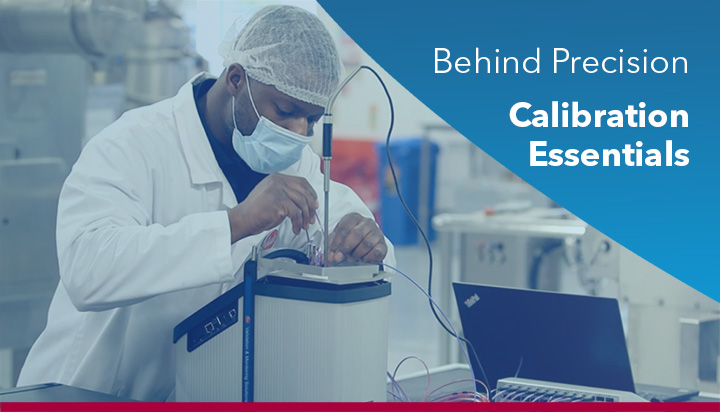Regulatory bodies usually have specific rules about how often to calibrate equipment, often suggesting that once a year is enough. The original equipment manufacturer (OEM) may also give guidelines for how often their equipment should be calibrated.
Equipment that is used a lot or in tough conditions might need more frequent calibration. For example, an incubator used in high humidity might need to be checked every few months to ensure accuracy.
You can also decide how often to calibrate your equipment by monitoring the drift in your measurements. By analyzing the drift between calibration intervals, you can identify when an instrument is likely to go out of tolerance. From this, you can set the appropriate calibration schedule to maintain accuracy and compliance while potentially reducing costs.
At Ellab, we understand the pivotal role precision plays in your operations and the importance of calibration. As your life science compliance partner, we want to ensure your critical systems are accurate, reliable and meet industry standards. To discuss your calibration requirements and how we can partner with you, contact your local team.


